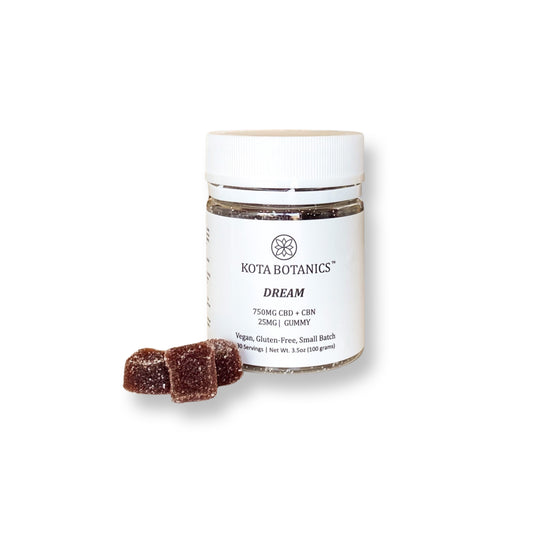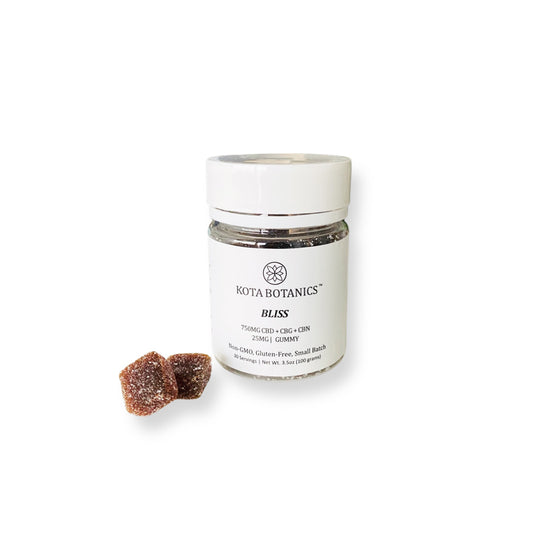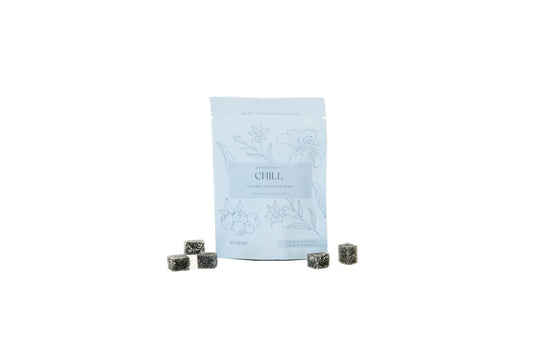Featured Products
-
DREAM CBD CBN GUMMIES (750MG)
Regular price $69.99 USDRegular priceUnit price / per -
BLISS CBD CBG CBN GUMMIES (750MG)
Regular price $69.99 USDRegular priceUnit price / per -
Kota Botanics ™ Hybrid D9 THC CBD Gummies | Balance (50mg)
Regular price From $26.99 USDRegular priceUnit price / per$80.97 USDSale price From $26.99 USDSale -
Kota Botanics ™ Indica D9 THC Gummies | Chill (50mg)
Regular price From $26.99 USDRegular priceUnit price / per$80.97 USDSale price From $26.99 USDSale
1
/
of
2












